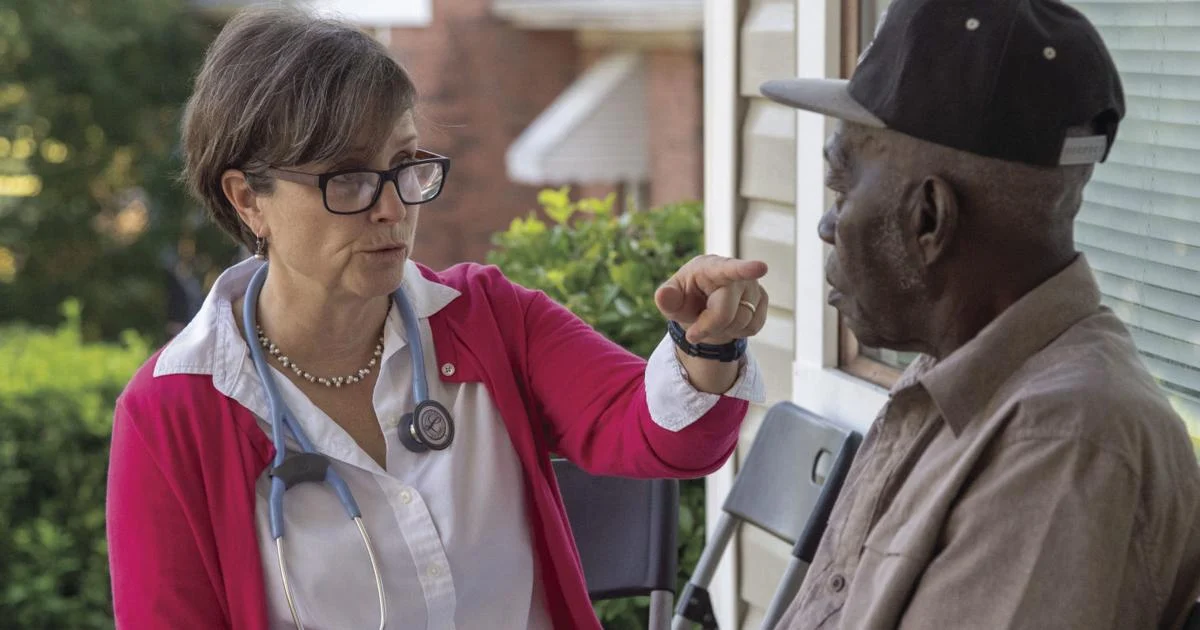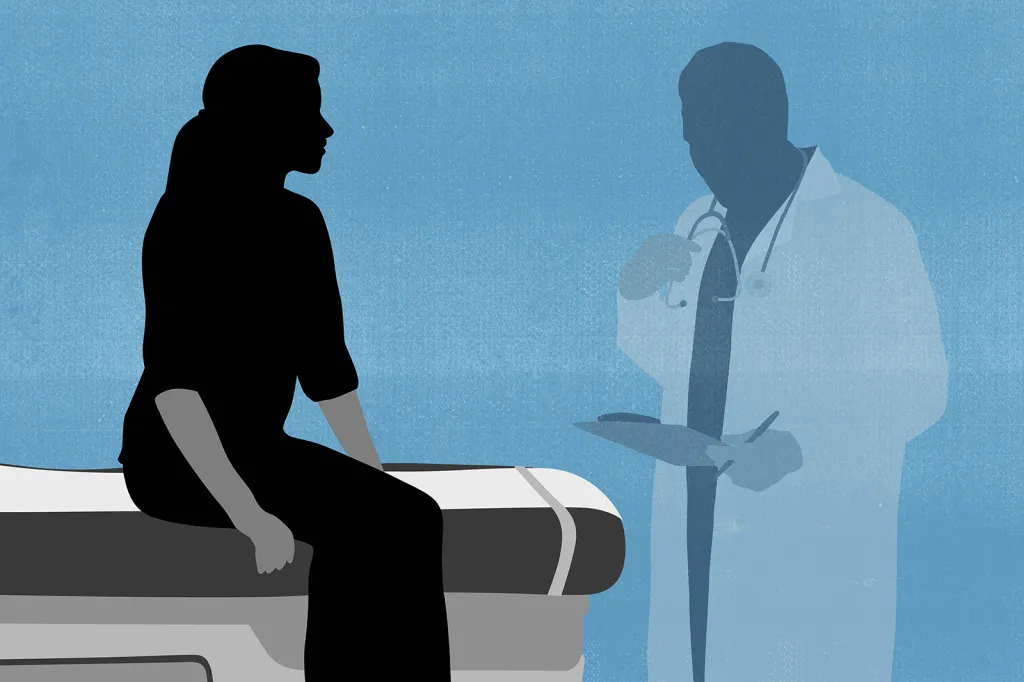By Ghana News,Jennifer Nerkie Kenney
Copyright ghananewss

By Jennifer Nerkie Kenney
Early diagnosis is the most critical factor in preserving kidney function, as late detection leaves patients with very few treatment options, according to Dr. Akosua Ampomah Asomaning, a specialist at the Korle-Bu Teaching Hospital.
Speaking on the GTV Breakfast Show on Monday, September 29, 2025, Dr. Asomaning explained that the kidneys are vital for removing waste, regulating blood pressure, and balancing key chemicals in the body. When their function drops to 15% or less, a patient is considered to have kidney failure and requires replacement therapy.
“If kidney disease is detected late, not much can be done, and it progresses to the dialysis stage,” she said.
She outlined the main causes of kidney failure in Ghana, which include hypertension, diabetes, certain heart diseases, kidney stones, prostate enlargement, exposure to toxins such as heavy metals, and pregnancy complications like preeclampsia. Overuse of pain medications and exposure to harmful drugs also contribute to kidney damage.
“There are a myriad of causes of kidney problems. Unfortunately, if your kidney function declines and progresses, it can get to the point where the kidneys can no longer perform their regular functions,” she explained.
Dr. Asomaning noted that kidney disease progresses in five stages. Early detection is critical, as stages 1 to 3 can often be managed by controlling underlying conditions such as high blood pressure or diabetes, making lifestyle adjustments, and reducing exposure to harmful substances.
“Lifestyle contributes significantly to kidney health. Eating healthy, exercising, staying hydrated, and avoiding harmful medications all help slow down deterioration,” she advised.
When patients reach stage 5, treatment options become limited. Dialysis is the most common treatment in Ghana due to cost and accessibility, but transplantation remains the preferred choice.
“The gold standard for managing kidney failure is transplantation. Dialysis is only a temporary support measure,” she stressed.
Dr. Asomaning explained that dialysis requires patients to undergo four-hour sessions three times a week, with the machine functioning as an artificial kidney. However, transplantation involves thorough health checks for both donor and patient, as well as significant financial resources, making it difficult for many patients.
“Transplantation is expensive, and most people cannot afford it. That is why many end up on dialysis. But ideally, transplantation is the best option for long-term survival,” she said.
Source link



